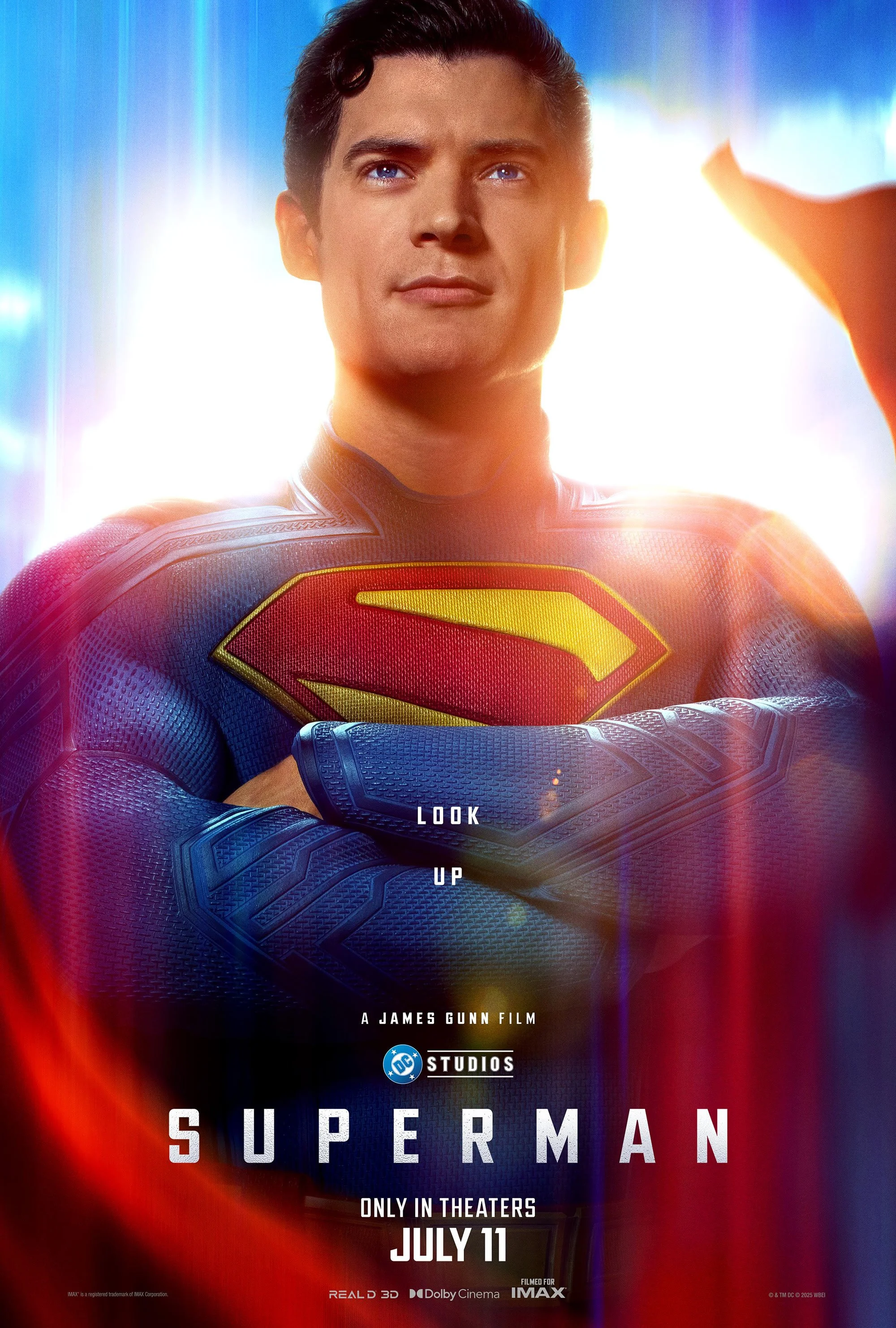****+ / *****
Now that’s how to do a SUPERMAN movie.
Now that’s how to do a SUPERMAN movie.

Finding this bit interesting. Can’t help but wonder if they’re following a pre-McQuarrie MISSION: IMPOSSIBLE formula, with a different director helming their own style of film. A more anthology-esque, continuity-be-damned approach could be rather refreshing.
Puck’s Matt Belloni is reporting that Villeneuve’s leap into the Bond-verse is going to be a one-off affair. Additionally, he won’t have final cut on the film and isn’t locked in for any sequels, spin-offs, or streaming offshoots. Still, there are hints that the new regime, headed by Amy Pascal and David Heyman, isn’t interested in micromanaging auteurs into studio yes-men.
That said, Villeneuve’s leash here is notably short. No final cut. No creative continuity beyond this one film. Amazon doesn’t want to hand over the entire sandbox after just one movie, a trend we’ve seen across the industry as studios grow wary of directors planting long-term flags in valuable IP.
The post-Broccoli Bond world is looking bright.
Count me in the 10-15 year camp (optimistically).
We’re not talking about critics or streaming evangelists sounding the death knell. This is coming straight from the exhibition side itself. These are the folks booking screens, selling popcorn, and living off ticket sales. And yet, nearly 55% of them think the model has fewer than 20 years left. Some were even more pessimistic, clocking the death watch closer to five or ten years.
The data came out of a survey by industry analyst Stephen Follows, in collaboration with Screendollars. They reached out to nearly 250 execs across the American film sector—people working in exhibition, production, distribution, sales, and television—to take the pulse of where things stand post-COVID.
It’s not just theater owners sounding the alarm. Sales and distribution heads were even more cynical about the future—over 60% of them also think the clock is ticking, fast.
via World of Reel
ONCE UPON A TIME IN THE WEST (Sergio Leone, 1968; 20+ year reign at the top continues)
HEAT (Michael Mann, 1995)
THE MALTESE FALCON (John Huston, 1941)
ON HER MAJESTY'S SECRET SERVICE (Peter Hunt, 1969)
PARASITE (Bong Joon-ho, 2019)
REAR WINDOW (Alfred Hitchcock, 1954)
CHILDREN OF MEN (Alfonso Cuarón, 2006)
PARIS, TEXAS (Wim Wenders, 1984)
CHUNGKING EXPRESS (Wong Kar-Wai, 1994)
HIGH AND LOW (Akira Kurosawa, 1963)
PERSONA (Ingmar Bergman, 1966)
ALPHAVILLE (Jean-Luc Godard, 1965)